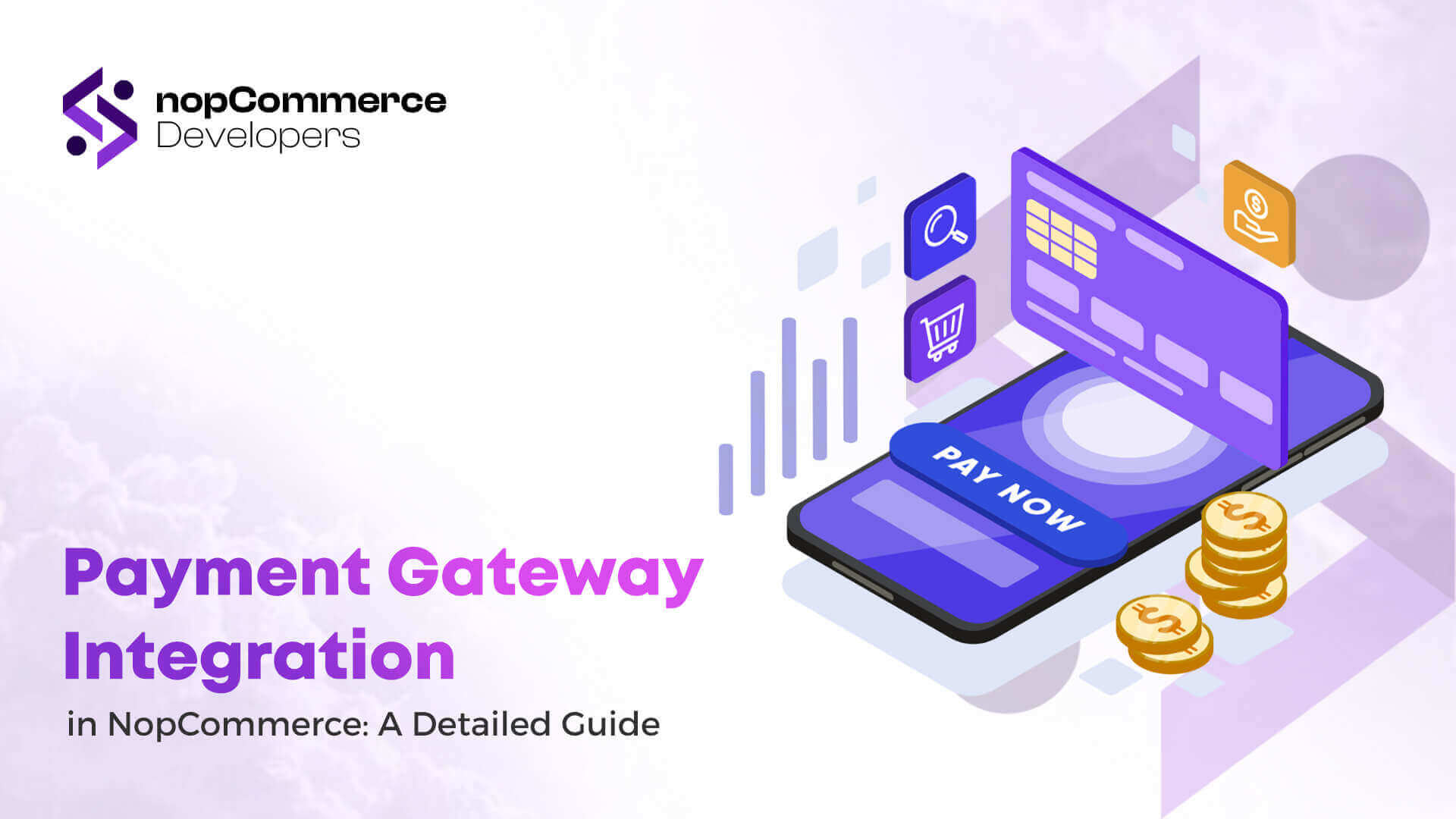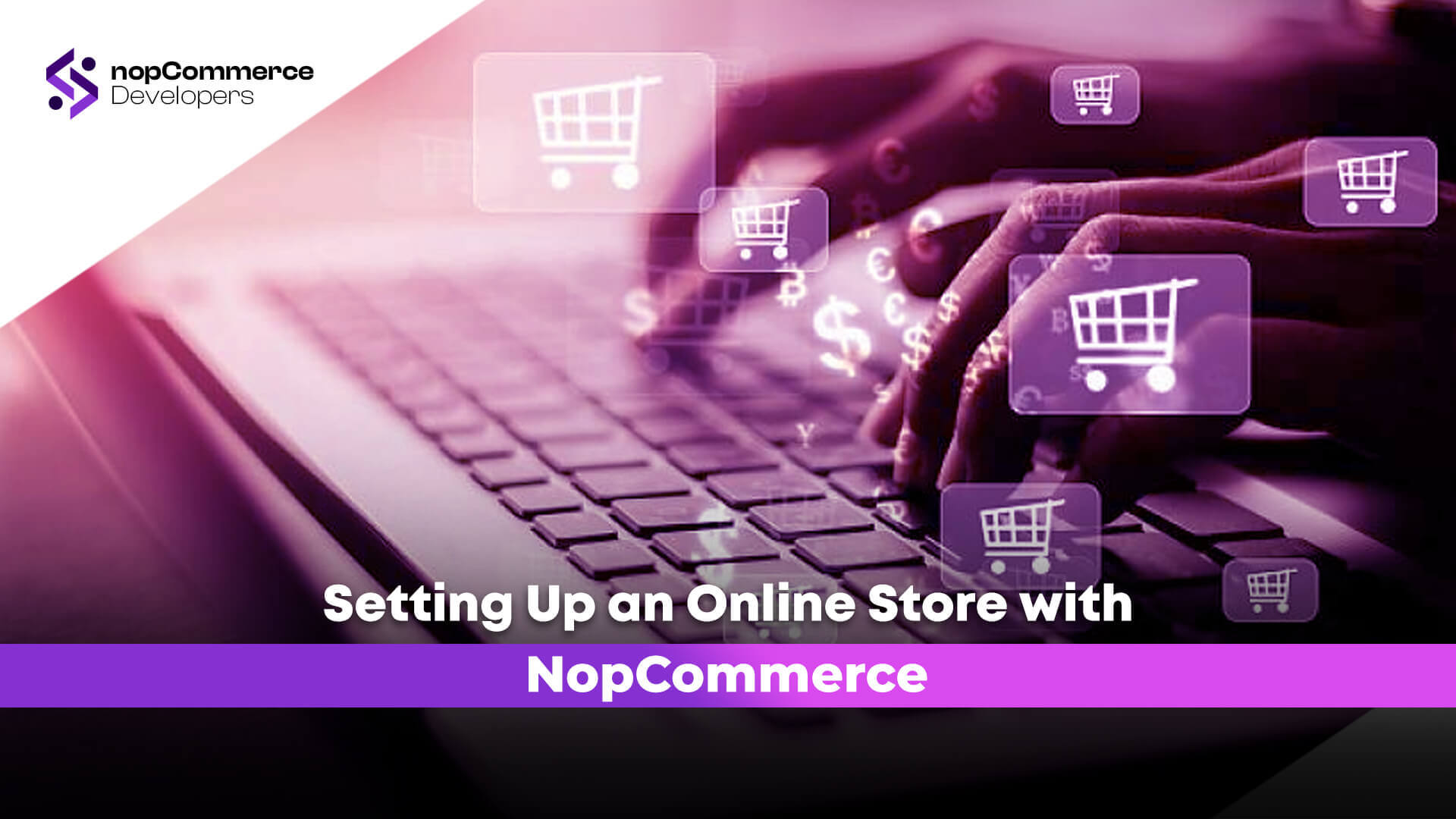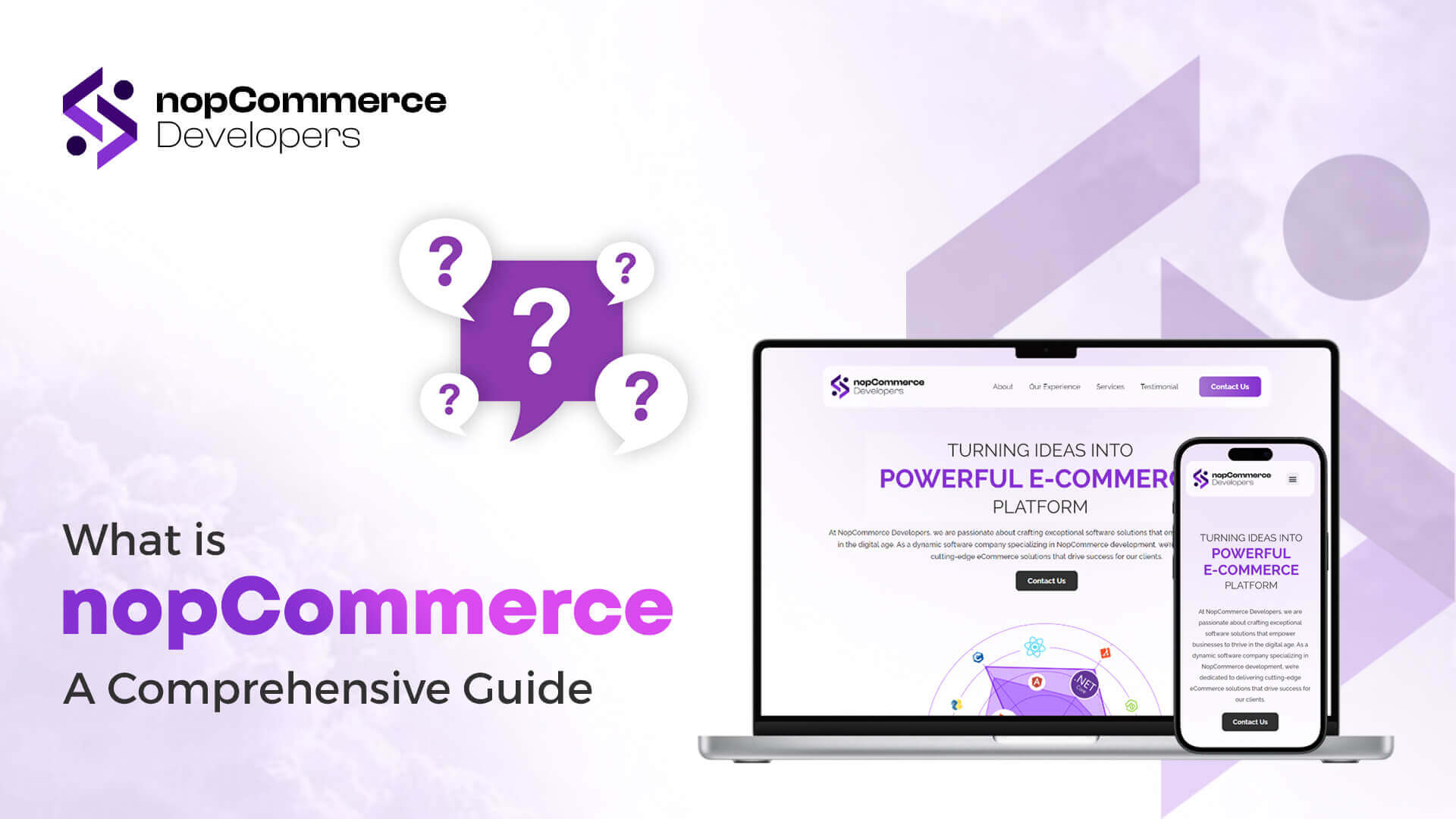In the competitive world of e-commerce, offering a seamless and secure payment process is crucial for ensuring customer satisfaction and driving sales. NopCommerce, an open-source e-commerce platform, provides extensive support for integrating various payment gateways, making it a versatile choice for online businesses. This detailed guide will explore the process of integrating payment gateways in NopCommerce, covering essential steps, best practices, and tips to enhance your e-commerce store’s payment system.
1. Introduction to Payment Gateway Integration
What is a Payment Gateway?
A payment gateway is a service that authorizes and processes payments for online businesses. It acts as an intermediary between the e-commerce website and the financial institutions, ensuring secure transaction processing.
Importance of Payment Gateway Integration
Integrating a reliable payment gateway into your NopCommerce store is vital for:
- Ensuring secure transactions
- Enhancing customer trust
- Offering multiple payment options
- Streamlining the checkout process
- Reducing cart abandonment rates
2. Getting Started with NopCommerce
Setting Up NopCommerce
Before integrating a payment gateway, ensure your NopCommerce store is correctly set up. Follow these steps:
- Install NopCommerce: Download and install NopCommerce from the official website.
- Configure Store Settings: Set up your store information, including language, currency, and shipping options.
- Add Products: Populate your store with products, complete with descriptions, images, and prices.
3. Choosing the Right Payment Gateway
Popular Payment Gateways Supported by NopCommerce
NopCommerce supports a wide range of payment gateways, including:
- PayPal: A widely used payment gateway offering various services like PayPal Standard, PayPal Express Checkout, and PayPal Pro.
- Stripe: Known for its simplicity and ease of integration, Stripe supports various payment methods, including credit cards and digital wallets.
- Authorize.Net: A reliable and secure payment gateway popular among many online retailers.
- Square: A versatile payment solution that integrates seamlessly with NopCommerce.
Factors to Consider When Choosing a Payment Gateway
When selecting a payment gateway for your NopCommerce store, consider the following factors:
- Transaction Fees: Compare the fees charged by different gateways for each transaction.
- Supported Payment Methods: Ensure the gateway supports the payment methods preferred by your customers.
- Security Features: Look for gateways offering robust security measures like PCI-DSS compliance, encryption, and fraud detection.
- Ease of Integration: Choose a gateway that provides clear documentation and easy integration with NopCommerce.
- Customer Support: Opt for gateways that offer reliable customer support in case of issues.
4. Integrating a Payment Gateway in NopCommerce
Step-by-Step Integration Process
Example: Integrating Stripe
1. Install the Stripe Plugin:
- Go to the NopCommerce admin panel.
- Navigate to Configuration > Plugins > Local plugins.
- Click on Upload plugin or theme and upload the Stripe plugin.
- Install and activate the plugin.
2. Configure the Stripe Plugin:
- Navigate to Configuration > Payment methods.
- Locate Stripe and click on Configure.
- Enter your Stripe API keys (obtain these from your Stripe account dashboard).
- Configure additional settings like payment method display name, transaction mode (test or live), and supported currencies.
- Save the settings.
3. Enable the Stripe Payment Method:
- Ensure that Stripe is enabled as a payment method in the Payment methods section.
- Customize the display order if you offer multiple payment methods.
Testing the Integration
- Before going live, thoroughly test the payment gateway integration:
- Test Transactions: Perform test transactions using the gateway’s sandbox or test mode to ensure everything works correctly.
- Error Handling: Verify how the system handles errors during the payment process.
- Security Checks: Ensure all security measures are in place and working correctly.
5. Best Practices for Payment Gateway Integration
Ensuring Security
- SSL Certificate: Secure your website with an SSL certificate to encrypt data during transmission.
- PCI-DSS Compliance: Ensure your payment gateway and store comply with PCI-DSS standards for secure transactions.
- Fraud Prevention: Implement fraud detection and prevention measures provided by the payment gateway.
- Enhancing User Experience
- Mobile Optimization: Ensure the payment process is optimized for mobile devices.
- Simplified Checkout: Minimize the number of steps required to complete a purchase.
- Clear Error Messages: Provide clear and informative error messages to guide users in case of payment issues.
6. Monitoring and Maintenance
Regular Monitoring
- Transaction Logs: Regularly review transaction logs for any unusual activity.
- Performance Metrics: Monitor performance metrics like transaction success rates and payment processing times.
Periodic Updates
- Plugin Updates: Keep your payment gateway plugins up to date to benefit from the latest features and security enhancements.
- Gateway Changes: Stay informed about any changes or updates from your payment gateway provider.
7. Troubleshooting Common Issues
Payment Failures
- Check API Keys: Ensure that the correct API keys are used and that they are not expired.
- Network Issues: Verify that there are no network connectivity issues between your store and the payment gateway.
Integration Errors
- Plugin Configuration: Double-check the plugin configuration settings.
- Compatibility: Ensure that the plugin is compatible with your NopCommerce version.
8. Advanced Features and Customization
Custom Payment Methods
- Custom Plugins: Develop custom payment plugins to support unique payment methods specific to your business.
- Third-Party Integrations: Integrate third-party payment solutions to expand your payment options.
Multi-Currency Support
- Currency Conversion: Implement currency conversion features to support international customers.
- Multiple Currencies: Configure the payment gateway to accept payments in multiple currencies.
9. Customer Communication
Transactional Emails
- Order Confirmation: Send automated order confirmation emails to customers after successful transactions.
- Payment Receipts: Provide detailed payment receipts to customers for their records.
Customer Support
- Live Chat: Offer live chat support to assist customers with payment-related queries.
- Help Center: Create a help center with FAQs and guides on the payment process.
10. Analytics and Reporting
Transaction Reports
- Sales Reports: Generate detailed sales reports to analyze payment trends and performance.
- Refund Reports: Track refund requests and processed refunds.
Customer Insights
- Payment Preferences: Analyze customer payment preferences to optimize the payment process.
- Abandoned Carts: Monitor abandoned cart data to identify issues in the payment process and improve conversion rates.
11. Integrating Multiple Payment Gateways
Benefits of Multiple Gateways
- Flexibility: Offer customers a variety of payment options to choose from.
- Redundancy: Ensure continuous payment processing by having backup gateways in case of issues with the primary gateway.
Managing Multiple Gateways
- Payment Method Display: Customize the display order of payment methods based on popularity or convenience.
- Gateway-Specific Promotions: Offer promotions or discounts for using specific payment gateways.
12. Future Trends in Payment Gateway Integration
Emerging Technologies
- Cryptocurrency Payments: Integrate cryptocurrency payment gateways to cater to tech-savvy customers.
- Biometric Authentication: Implement biometric authentication for secure and seamless payments.
Enhanced Security Measures
- Tokenization: Use tokenization to enhance security by replacing sensitive payment data with tokens.
- AI-Based Fraud Detection: Leverage AI to detect and prevent fraudulent transactions in real-time.
Conclusion
Integrating a payment gateway in NopCommerce is a critical step towards providing a secure, efficient, and user-friendly payment process for your customers. By following the steps outlined in this guide and adhering to best practices, you can ensure a smooth and successful payment gateway integration. Whether you’re starting with a single payment gateway or integrating multiple options, NopCommerce offers the flexibility and features needed to meet your business’s unique payment processing needs.
FAQs
What is a payment gateway and why is it important?
A payment gateway is a service that authorizes and processes payments for online businesses. It is crucial for ensuring secure transactions, enhancing customer trust, and offering multiple payment options.
How do I choose the right payment gateway for my NopCommerce store?
Consider factors like transaction fees, supported payment methods, security features, ease of integration, and customer support when choosing a payment gateway.
Can I integrate multiple payment gateways in NopCommerce?
Yes, NopCommerce supports the integration of multiple payment gateways, allowing you to offer a variety of payment options to your customers.
How can I ensure the security of payment transactions in my NopCommerce store?
Use SSL certificates, ensure PCI-DSS compliance, and implement fraud prevention measures provided by your payment gateway.
What are the benefits of using NopCommerce for my e-commerce store?
NopCommerce offers extensive customization options, supports multiple payment gateways, provides robust security features, and has a strong community for support and updates.



